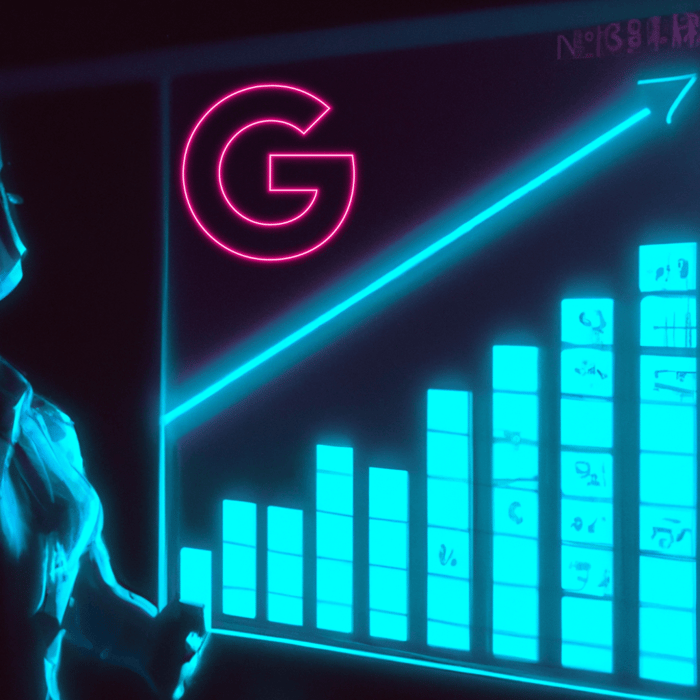In the world of digital marketing, and PPC specifically, there are various ways of reaching our users and helping them find the products and services that they are looking for. Whether you are a polished marketer or an everyday user, you will be aware of two of the main search engines for advertising: Google and Bing.

The Newcomers
In the past few years, we have seen a lot of new players come into the market and started to chip away from Google’s dominance. Some of those players, amongst the many, are DuckDuckGo and Ecosia. The former has a strong focus on user privacy while the latter is a browser with a strong environmental focus as they have pledged to plant a tree with each user search.

(Source: searchengineland.com)
DuckDuckGo, in particular, has seen a meteoric rise. Last year, the company had announced that they had reached 100 million every day users; while in January this year, they have managed to hit 100 billion all time private searches. Google and Apple have received a lot of pressure over consumer privacy which has led them to block third-party cookies from tracking users across the web. As a result, this same focus on privacy has allowed DuckDuckGo to grow at such a fast pace.
Ecosia has also been growing steadily as it has reached 15 million users. As I am typing this, they have planted over 155 million trees and this number rises by the second with each user search. As a company they are also very transparent as one can easily view their revenue income generated by advertising on their website. Additionally, by saying “We’re interested in trees, not your data” they claim to take pride in user privacy as well. Therefore, any client or business who is selling eco-friendly products could potentially benefit from advertising here due to the high-intent users who might be browsing there.
This entrance of new players in the market and their rapid rise, raises the question on whether we should be incorporating them in our strategies. For instance, with the example of Ecosia, businesses who want to promote eco-friendly products could advertise on Ecosia and take advantage of the high intent of users who will be using this browser and promote their products there to generate an additional stream of revenue on top of that of Google’s and Bing’s.
So far, neither of these two browsers has its own advertising platform. However, we can already serve ads on them and who knows? Maybe they grow large enough to develop their own platforms soon and dictate their own terms. In the meantime, I will briefly explain to you how to serve ads on these platforms.
But…how can we serve ads on these browsers?
Both browsers are still at relatively early stages and do not have their own platform like Google Ads or Microsoft Ads. However, advertisers can already serve ads on both these browsers via Microsoft Ads with the following steps:
- Have a Microsoft Ads account to serve ads on
- Select the campaign you want to run ads on these browsers
- Select the Ad Group’s name
- Click on the Settings option on your left
- Scroll down and Click on Ad Distribution
- Select the option “Bing, AOL, and Yahoo Syndicated Search partners only”

Congrats! Your ads are now serving on DuckDuckGo and Ecosia.
What to be aware of and additional actions to take:
- Do the same changes, at an ad set level, on all the campaigns you want to be serving ads for
- Ad URL exclusions on the websites you do not want to appear on or the costs might accumulate (keep reading to find out how)
How do I review performance?
Want to review performance and see where your ads have appeared? You can do this on Microsoft Ads by clicking on Reports > Dimensions > Basic > Publisher Website. This is where you can get a view on where your ads have been serving and how performance has been so far.

This is also where you can download the list with all the websites you want to add in your URL exclusions. You will need to go to your ad set’s settings tab, go to exclusions and copy paste all the URLs of the websites you do not want to appear on. Be careful NOT to copy and paste DuckDuckGo, Ecosia or any other browser you DO want to be appearing on.
Conclusion
Google and Microsoft still control the lion’s share in the market. However, new players like DuckDuckGo and Ecosia, amongst others, have started to slowly chip away some of that market share. In terms of DuckDuckGo specifically, although it has been growing fast the past few years, the company still has a long way to go before reaching Google. However, its gradual growth has allowed it to start closing in towards platforms like Bing and soon where at which point, they may even be discussed in the same breath. Therefore, it would be good to, at least, start considering them when devising our marketing strategies as they may grow large enough to make a strong impact.





